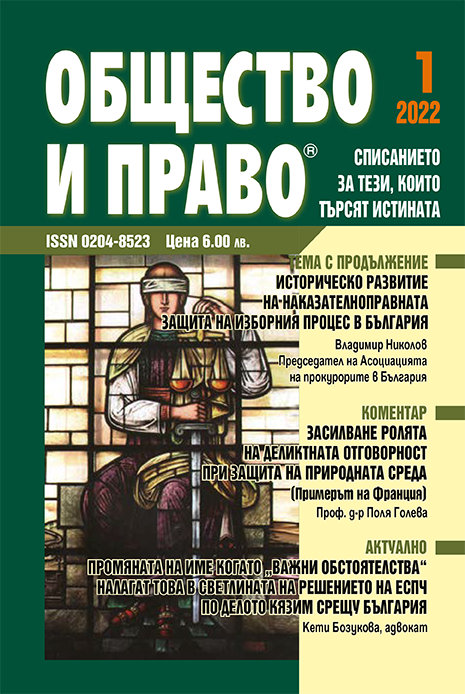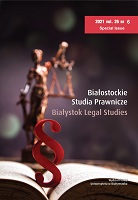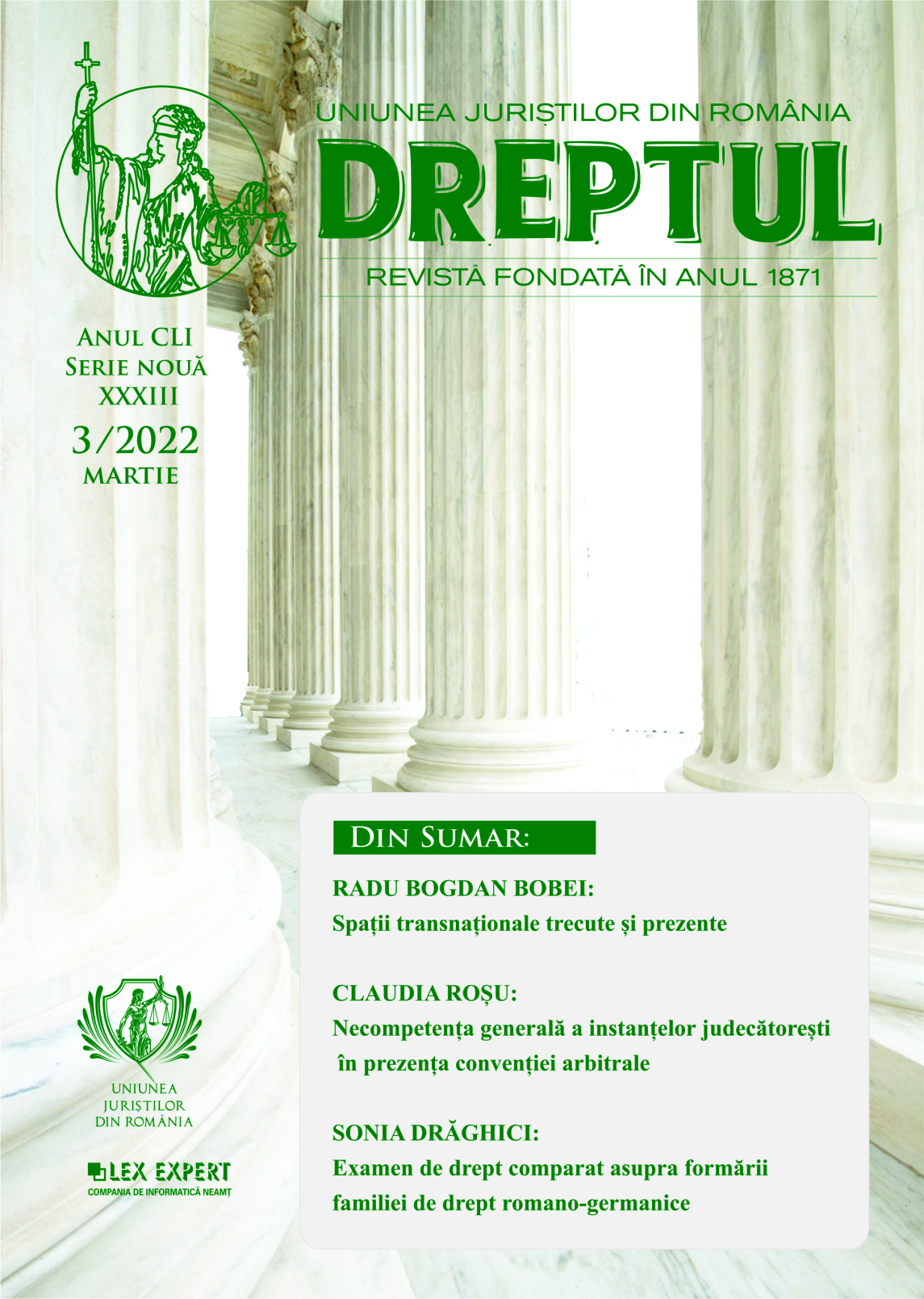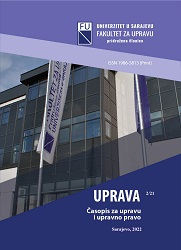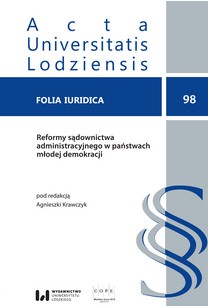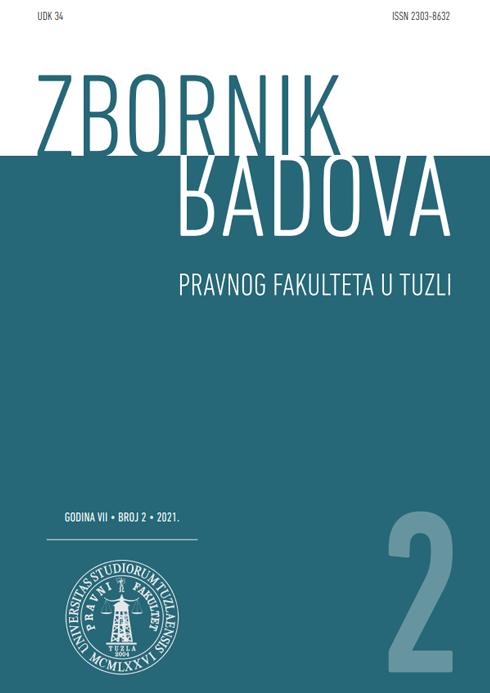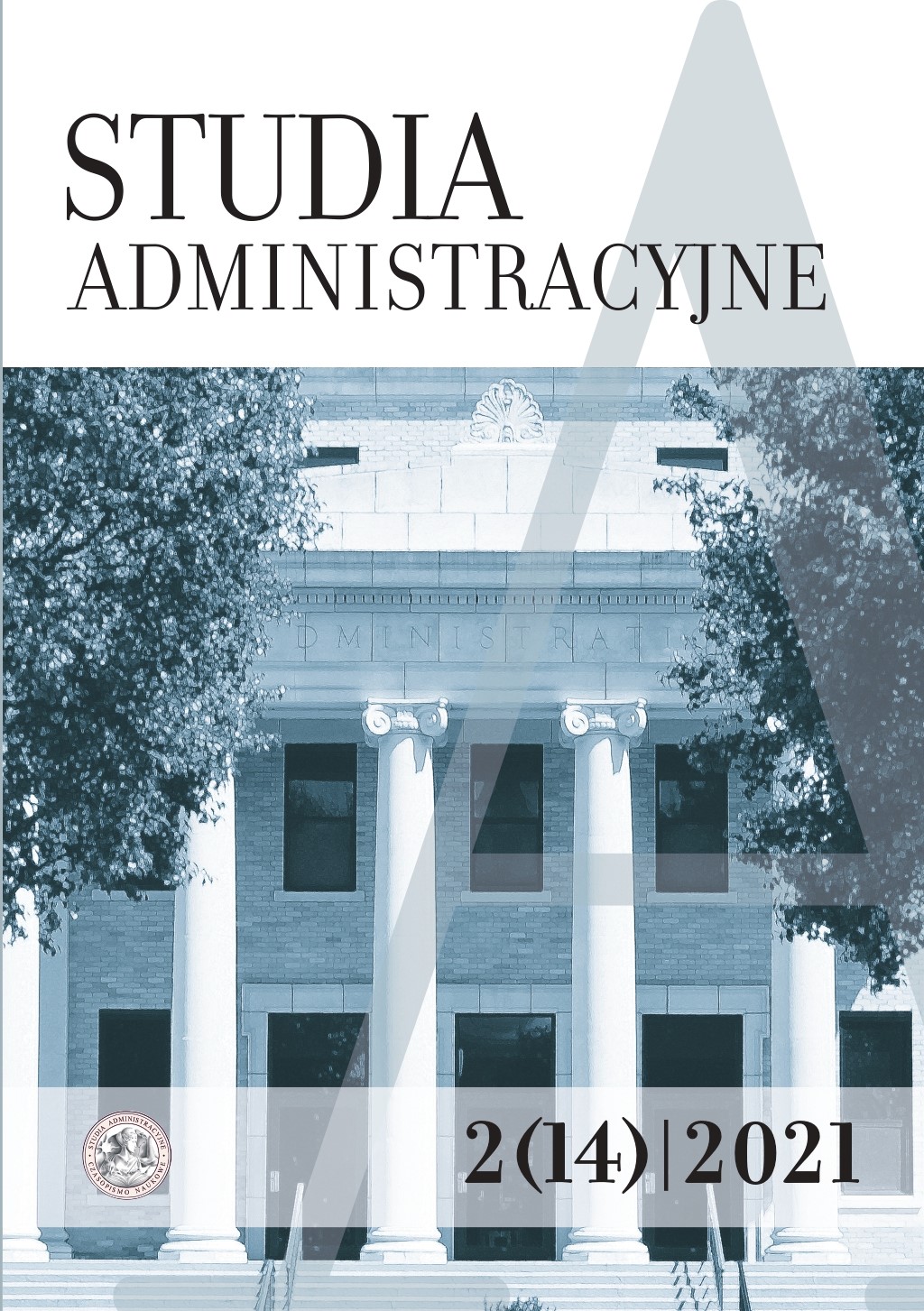
Spór o właściwość a spór kompetencyjny w postępowaniu administracyjnym
A dispute over competence or a dispute over jurisdiction should be understood as a situation in which at least two public administration bodies simultaneously consider themselves competent to conduct the proceedings and resolve a specific case (positive dispute) or each of them is considered inappropriate to settle it (negative dispute). In the administrative proceedings, the legislator made a distinction between those into disputes over jurisdiction and disputes over competences. Article 2 § 1 of the Code of Administrative Procedure creates a catalog for disputes over jurisdiction, distinguishing only in § 2 that disputes over the competences between the authorities of local government units and government administration bodies are settled by the administrative court, there is no more mention of the disputes in the Code of Administrative Procedure. Art. 4 of the Act on Proceedings Before Administrative Courts serves as a provision. The laconic regulation of disputes in administrative proceedings causes disputes in the doctrine and misunderstandings on the line of public administration bodies. The purpose of this article is to try to answer questions such as: what is jurisdiction in administrative proceedings? What is the difference between a dispute over jurisdiction and a dispute over competences? Are these significant differences? Is the not very extensive regulation of disputes troublesome for both public administration bodies and administrative courts? The research method is based on the analysis of the normative material of Polish law and the position of the representatives of the doctrine. The subject of the analysis is also the jurisprudence of administrative courts, mainly concerning the interpretation of the issue relating to disputes in administrative proceedings. When reviewing the literature on the subject of the dispute in administrative proceedings, the term “jurisdiction” is usually used interchangeably with the term “competence”. The above position is supported by the fact that the legislator, while distinguishing the disputes in question, does not introduce separate procedures for recognizing them under the Act Law on Proceedings before Administrative Courts. Both are associated with a situation of divergent views of public administration bodies as to which of them is empowered under the provisions of law to act in the case, in the form of action specified by these provisions. The only criterion that distinguishes these disputes is the type of entities involved in them, and the essence of these disputes is the same. The cause of disputes is the situation of non-compliance with the norms of substantive and procedural law with the norms of the political system. These phenomena occur especially in the period of systemic transformations of the state, when new organizational units perform the tasks and competences of transformed or abolished units, and when too often the statutory transfer of powers to exercise administrative judgments is carried out, which causes the so-called local property of the administrative authority concerned.
More...
